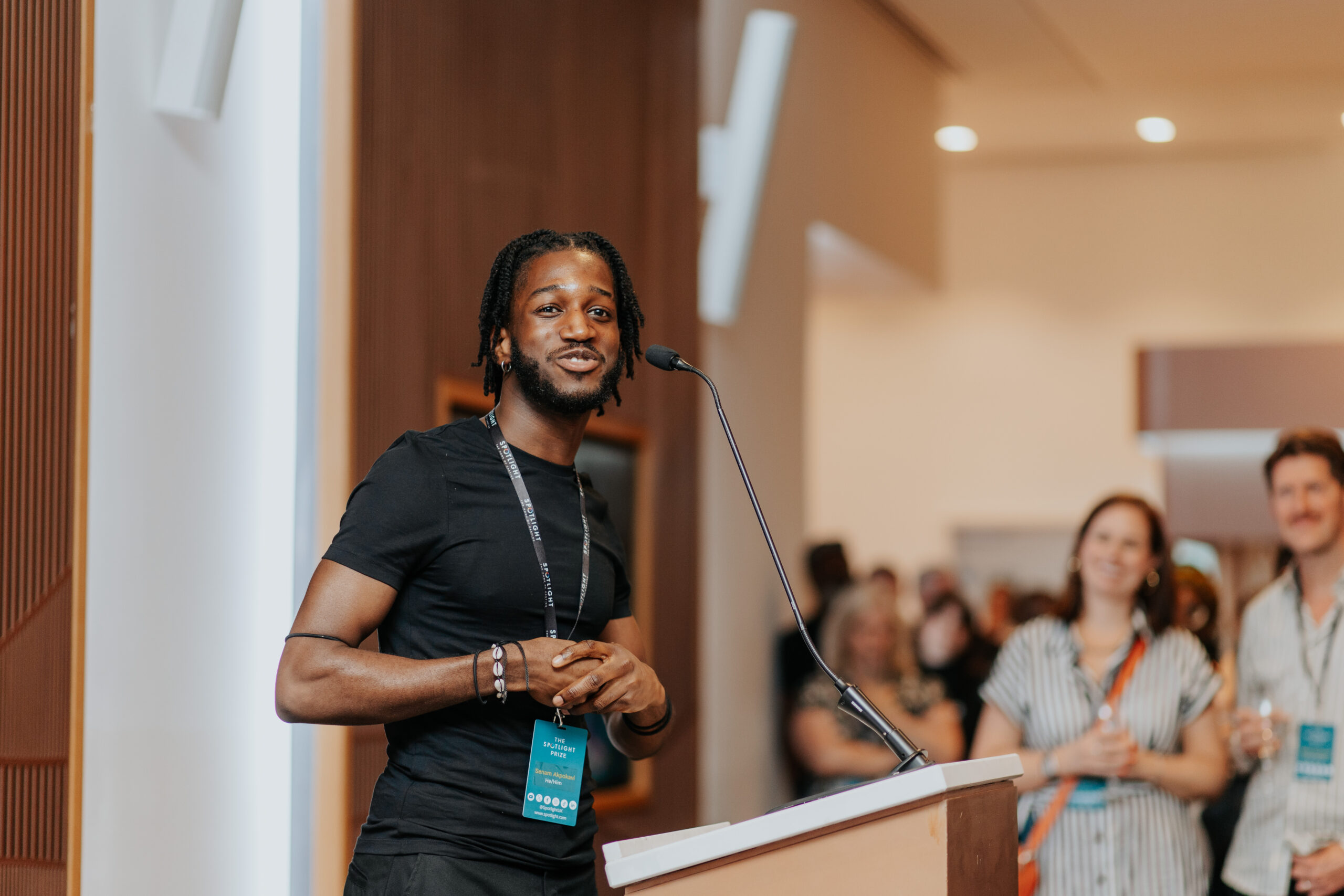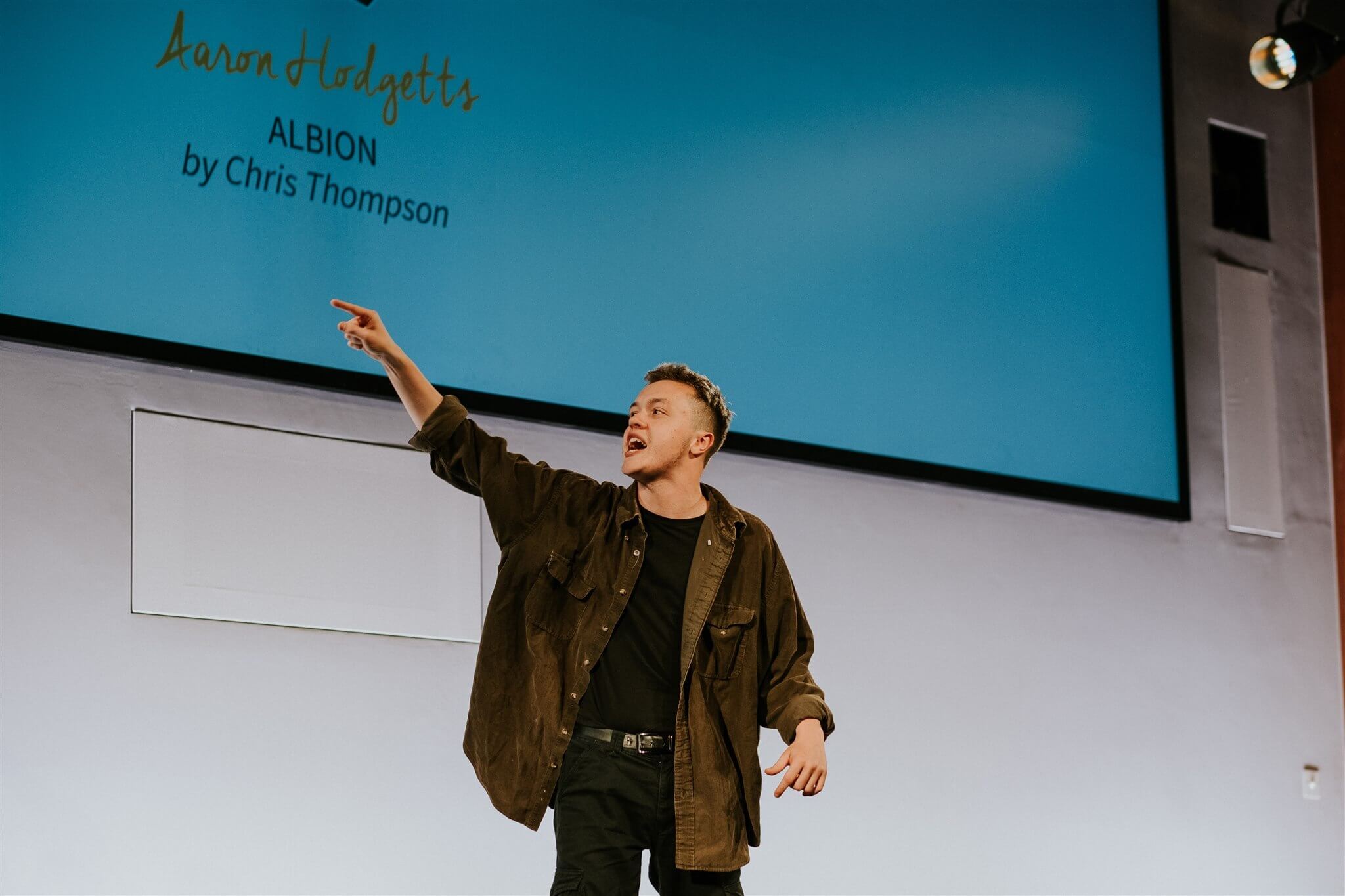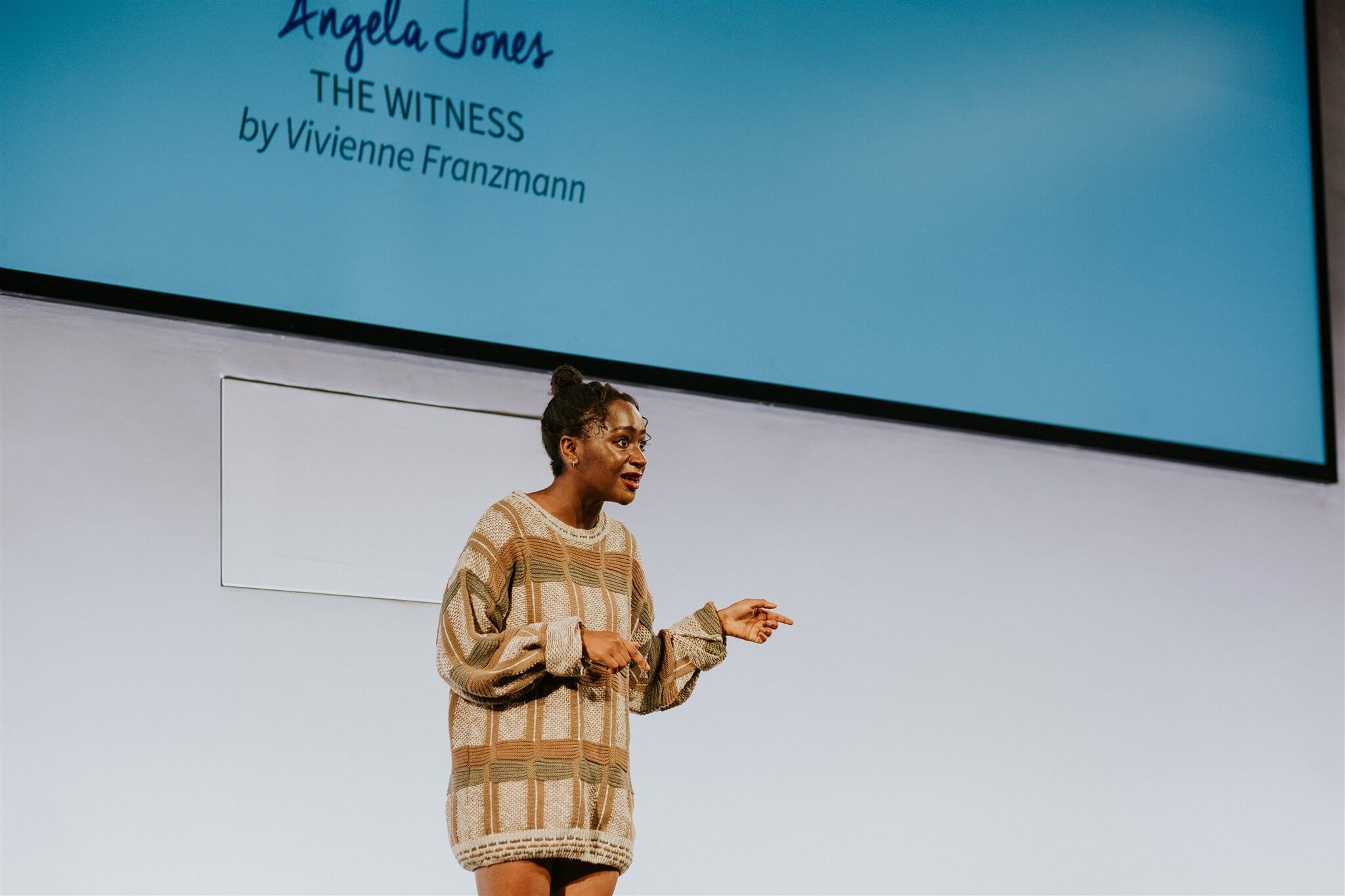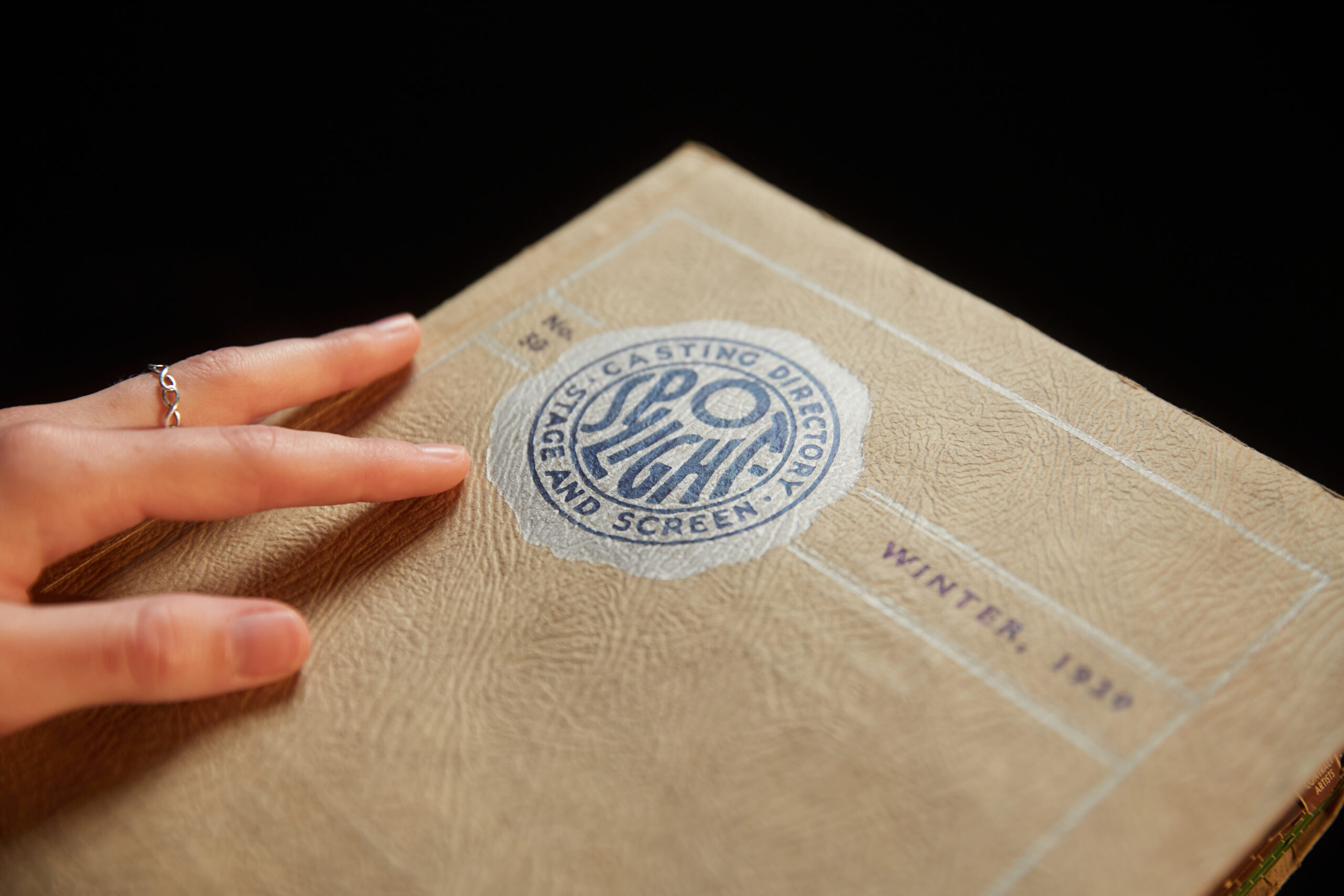Senam Akpokavi talks about his acting career since winning the Spotlight Prize in 2024, including landing a regular role in a BBC series and adapting to life after drama school.
In 2024, Senam Akpokavi’s excellent performance of For Black Boys Who Have Considered Suicide When the Hue Gets Too Heavy saw him win the Screen Award at the Spotlight Prize. He was chosen by a judging panel of industry professionals from around the world, including Andy Brierley, Bernard Telsey, Fiona Weir and Anna Dawson. Senam joined a star-studded list of previous winners, such as Jodie Whittaker, Mimi Mdiweni, Jim Broadbent and Kurt Egyiawan.
Almost a year later, we caught up with Senam to find out how his acting career is flourishing in the wake of this victory and how he’s adjusting to life as an actor after graduating from Arts Educational Schools.
From his origins as an imaginative young artist to now sharing the screen with Jodie Comer and securing a regular role on a BBC series, here’s what Senam had to share:
Hi Senam! What first made you want to become an actor?
I think it started from art and just being creative in general. From a young age, that left side of my brain was very strong. It took its form through a lot of drawing and making pieces and pen work. The first dream was [to be] an artist and my mum joked, “Artists only get famous when they die.” She’s not wrong, partly.
Then, [I went] to secondary school and joined drama. I enjoyed portraying other people. As it progressed, it was just me enjoying the power of performance and being someone else. I feel like that’s what I really love about acting – its ability to influence.
I want to inspire change within people and make them feel things, because that’s the main thing I have when I’m watching a piece of work that moves me. You know when you finish a film, you get those goosebumps? I want to inflict that on other people and make them feel emotion, whether that’s happiness or sadness, or they’re left having learnt something, or they’re reflecting.
That’s why I wanted to become an actor: because I always believe in doing the stuff that you enjoy and chasing that.
It’s been almost a year since you won the Screen Award at the Spotlight Prize 2024. What have you been up to since then?
I graduated in September, so that was a nice close to the chapter of ArtsEd. I feel like Spotlight was a good segue into the industry.
I starred in a film with Jodie Comer, directed by Kenneth Branagh, which was a great experience. Being on a set that big really opened my eyes to the scale of the industry and the joy of creation. In ArtsEd, we did a lot of crewing for each other and to go from that small stage to the vastness that it can be was a very exciting and eye-opening experience.
I’m constantly learning. The Spotlight Prize was a catalyst for more learning. I was taking in more information due to winning the prize and the attention that I was receiving. Still being humble and blessed, but also learning to navigate this new industry that I’ve stepped into.
What was the experience of winning the Screen Award like?
That was an amazing night. I’ll never forget it. When Kim Vithana, the Director of the School of Acting at ArtsEd, told me that she wanted me to do the Spotlight Prize, I immediately thought that this is an opportunity and I’m very blessed to be selected.
When I was actually selected as a finalist, I was ecstatic. Kim and I put a lot of work into that audition tape. I felt like I had already won, because that was my aim – just to make the finalists list. When I got the email, I was mid-rehearsal for my third-year show. I was overjoyed.
When it came to the actual evening itself, it was about putting all that hard work and dedication and love for the craft and practice and passion into that one night to showcase who I am and what I can do in front of all these important people of the industry. [I wanted to] give them the best first impression of who Senam Akpokavi is, to show them what I’m capable of and why I deserve to be a finalist.
When I won – wow! A lot of the time, I struggle to pat myself on the back or give myself accolades. If I’m given praise, I take it on, but I’m also eager to find criticism and improvement. I’m eager for feedback because that leads to development and growth. It was a learning experience for me to just sit back and be appreciated for this work and because of the people that I’m receiving the praise from, it’s undeniable to a point where I can’t brush it off.
It was a beautiful night to see my talent be well-received in that way, especially as a first step into the industry.
Has winning the Spotlight Prize impacted your career at all?
It definitely has. I think the main thing would be exposure. Because of the scale of it and the way Spotlight markets the event and how widely celebrated it is. It’s such a good system that Spotlight [has]. It’s definitely given a lot of weight to the name ‘Senam Akpokavi’ and what that means in a room.
Leaving drama school, you’re not necessarily handed with, “Okay, you starred in this, you have a credit.” But walking into a casting director’s office, or meeting up with casting directors, or doing tapes and knowing that they know me from the achievement of winning the Spotlight Prize is definitely a beautiful thing. It’s a lovely segue into the industry where the casting directors know my face from this accomplishment.
It’s almost like proof – certification that I’m good at this. And it’s great that we have the recordings and everything’s taped and recorded to showcase that. I keep saying it, but it allows such a smooth transition into the industry with a beautiful bed of rock to stand on.
Casting directors have a job to fulfil. They need to find the best person for a role. I always see it as a blessing when a casting director has thought of you. They’ve seen something in you that they think is suitable for a story that they’re trying to tell and that definitely means a lot. It has been almost a year [now] and it just shows the impact that my performance had. They can cast their mind back to this moment that they experienced and it stuck with them so long that they’ve wanted to see me again and possibly cast me in something.
Are you still in touch with any of the other Spotlight Prize nominees?
We’ve got a WhatsApp group chat and we drop things in there. If someone’s looking for a headshot or something like that, we all share advice.
Mainly, I speak to my twin, Alyssa [Thabisile Sibanda]. My fellow finalist and winner. I have a lot of love for her. She’s great and such an amazing performer as well.
It’s crazy, because when I went in for the screen recording, I met her in the lobby and it was just a quick, passing conversation of like, “It’s super chill up there.” It was a full circle moment when we won together and we were together in that moment of our first interaction and our first ending.
I also speak to Cindy [Chawua] a lot. Bless them both. They’re great, amazing performers.
What is your biggest takeaway from the Spotlight Prize experience?
There’s a lot that I learned from being exposed to [stage director] Lindsay Turner and [screen director] Paulette Randall. I learned to believe and trust in myself more. Sometimes I can be in the pursuit of perfection, but perfection doesn’t really exist. And I think just appreciating that I belong in this space and that I’ve worked hard to get here [is important].
When doing the Spotlight Prize, I could sit back and be proud that I was in this position. It forced me to appreciate myself a bit more. To look back at everything and see how far I’ve come.
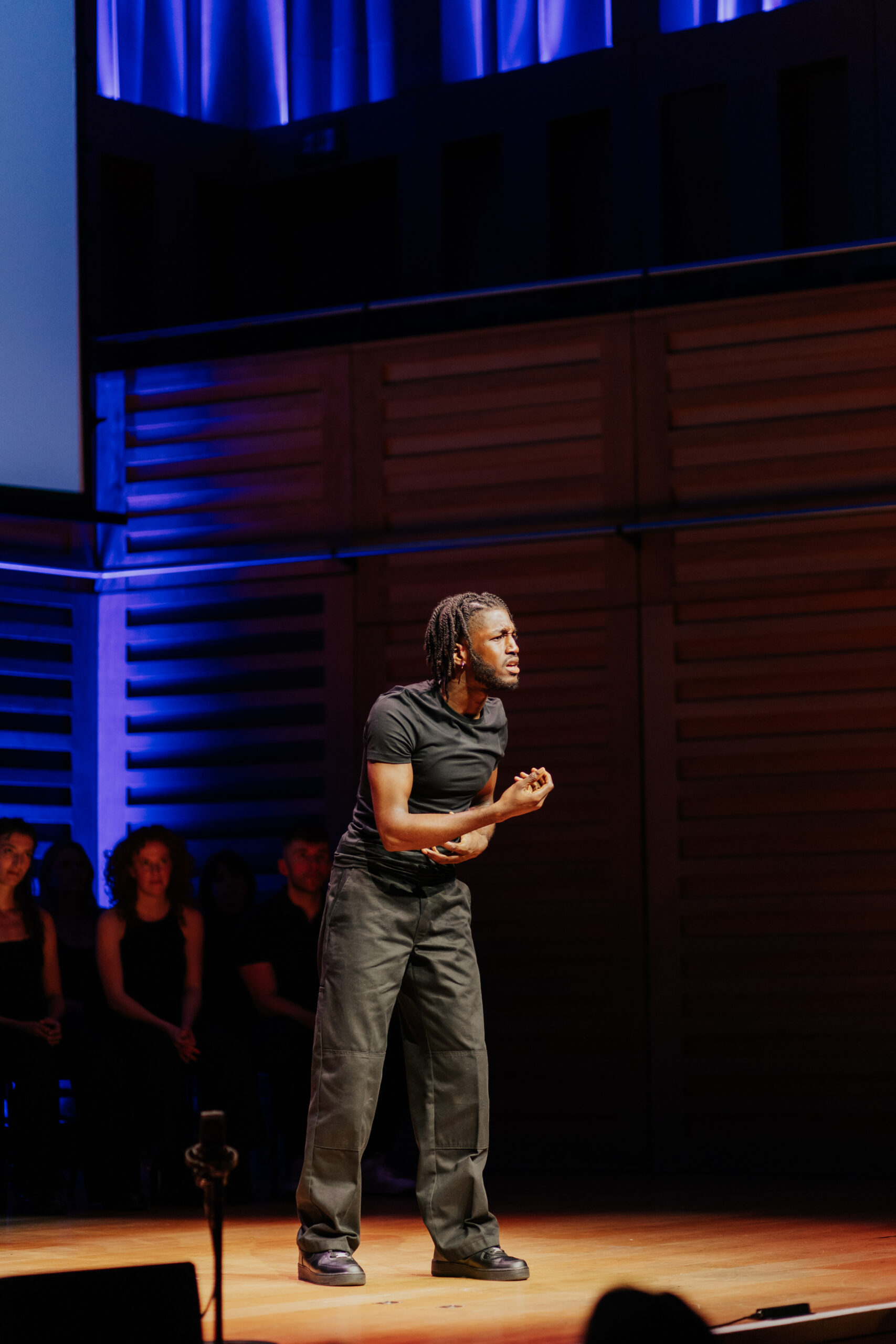
Senam Akpokavi performing at the Spotlight Prize 2024 showcase / Image credit: Joanna Nicole Photography
What advice would you give to any future Spotlight Prize finalists?
Make sure your piece selection is one with specific intent. What do you want to say with this piece? What connection does it have to you specifically?
A lot of times, in acting, we feel that we have to find a character that’s far away from us. But I feel like if we strip it back to what acting was back in the day, it was about influence and affecting change, political change, arguments and feeling. These are all emotions from the mind – human emotions that we all experience. When you’re looking for a piece, use it with the mindset – what am I trying to say? What’s the story I’m trying to tell?
Make sure it’s a piece with a nice arc. You shouldn’t start the same way you end. That creates a lot of play and fun to work with. If you truly believe in what you want to perform, it adds another layer of passion and truth.
What advice do you have for other drama school graduates?
Instead of looking at [graduation] as a step into the industry, look at it as a step into independent life. When you leave education, you’re no longer a student. You’ve stepped into this vast space and it can be a bit jarring.
I feel like you need to strive for structure, because what those institutions did for us when we were younger is that they created structure. You have a timetable, you have a course sheet and you need to be here by this time. When you graduate, you need to strive to find your own structure and flow for yourself.
Keep up with your own artistic self. Keeping that mind stimulated is another difficulty in finding structure. You’re not going to get it straight away and it’s going to be difficult. I’m definitely still in the pursuit of it, but strive for that structure, strive for that routine and things will fall into place.
Procrastination can really sweep over you and that can affect your creative vitality, creative health, drive, hunger and passion. It’s definitely happened to me. Try to go back to the basics and remember why you love acting. Remember the passion. That’s the love for the craft because you give everything to what you love.
How do you keep yourself creative when you’re between acting jobs?
It’s good to have something aside from acting that can stimulate your creative mind. I enjoy photography. My friend bought me a film camera for my birthday so I’ve been exploring photography and the power of capturing a moment in a single image is very beautiful.
I’m finding my way with the pen again to draw and stimulate my imagination. I feel like, in all forms, art is somehow connected. I also like to learn monologues. If I’m on shift or doing something, I might learn a Shakespeare monologue or sonnet to help with my memorisation skills, because it’s good to identify your struggles. At ArtsEd, that was a key thing for me – identifying my weaknesses or areas that I can improve on.
I like to read a lot of drama books and things about the craft, to learn more from experienced people who have been in the field. I think it’s important to learn from those who are successful and understand how they [achieved] their success.
What would you like to see more of in the industry?
[Newer] brave and diverse writing. There are so many talented writers out there and a lot of my friends are exceptional writers. I feel like when new work is showcased, we can understand the state of the world from a fresh perspective. Looking at old plays and old classics is a great thing, but classics were once new. So, I feel like we, in the industry, need to now find new classics and new stories that can impact change.
I feel like theatre has lost an element of danger and risk. I like going to the theatre and leaving affected, where I’m researching stuff, or I have a new emotion, or I want to understand something more. New writing and new pieces really attack current issues, rather than using old things to attack current issues. Why don’t we strip that barrier and be more direct?
Theatre and performance are medium[s] for entertainment, but there’s so much power in it that it can be used for education and learning and healing. There’s a lot of pain in the world and relatability, to feel seen in art is an amazing feeling. We should strive towards that. The world needs some love and people need to be seen.
To summarise: Stop being safe.
What are your top tips for filming a self-tape?
Self-taping is a muscle – the more you do it, the better you will be. Having a good tripod and a good ring light is key and once you have a good ring light, all you need is your phone. I’d recommend screen mirroring to your laptop if you’re self-taping by yourself. That allows you to see the frame on a laptop, so you know you’re in line. When you have these things, you’ll gain a routine and it’ll become easier for you.
A lot of people will tell you, “Try and research the casting director and see what type of stuff they like.” I’d go against that. I’d say obviously study the script and understand what’s going on in the scene, but I’ve found, for myself, I get more recalls when I use my own perspective and put my own essence on the scene. Everyone has their own way of thinking and that should apply to self-tapes and art as well.
A casting director is going to see hundreds of tapes. The one thing that differentiates you from another person is that you are completely different people. The way you view a script is going to be different. So go with that gut feeling of how you think this character’s story needs to be told through your lens, not how you think someone else will receive it. Obviously, don’t miss the mark completely. But just remember: it’s a showcase of what you can bring to this character.
Don’t tone it down just because you’re in a room and you’re with a phone. You need to show them that you are capable of doing this role, no matter the scale of it. Eyeline’s important. I put up sticky notes everywhere to help with that. It’s about striving for that recall, because with the recall, you gain more clarity.
It can be very mechanical, but it’s art. We’re actors, so we need to act. You need to imagine that someone’s in your living room and you’re doing this scene with them. It’s difficult but it’s necessary as self-tapes aren’t going anywhere. I used to hate them, but I feel like you need to find the love in them because they’re so vastly important.
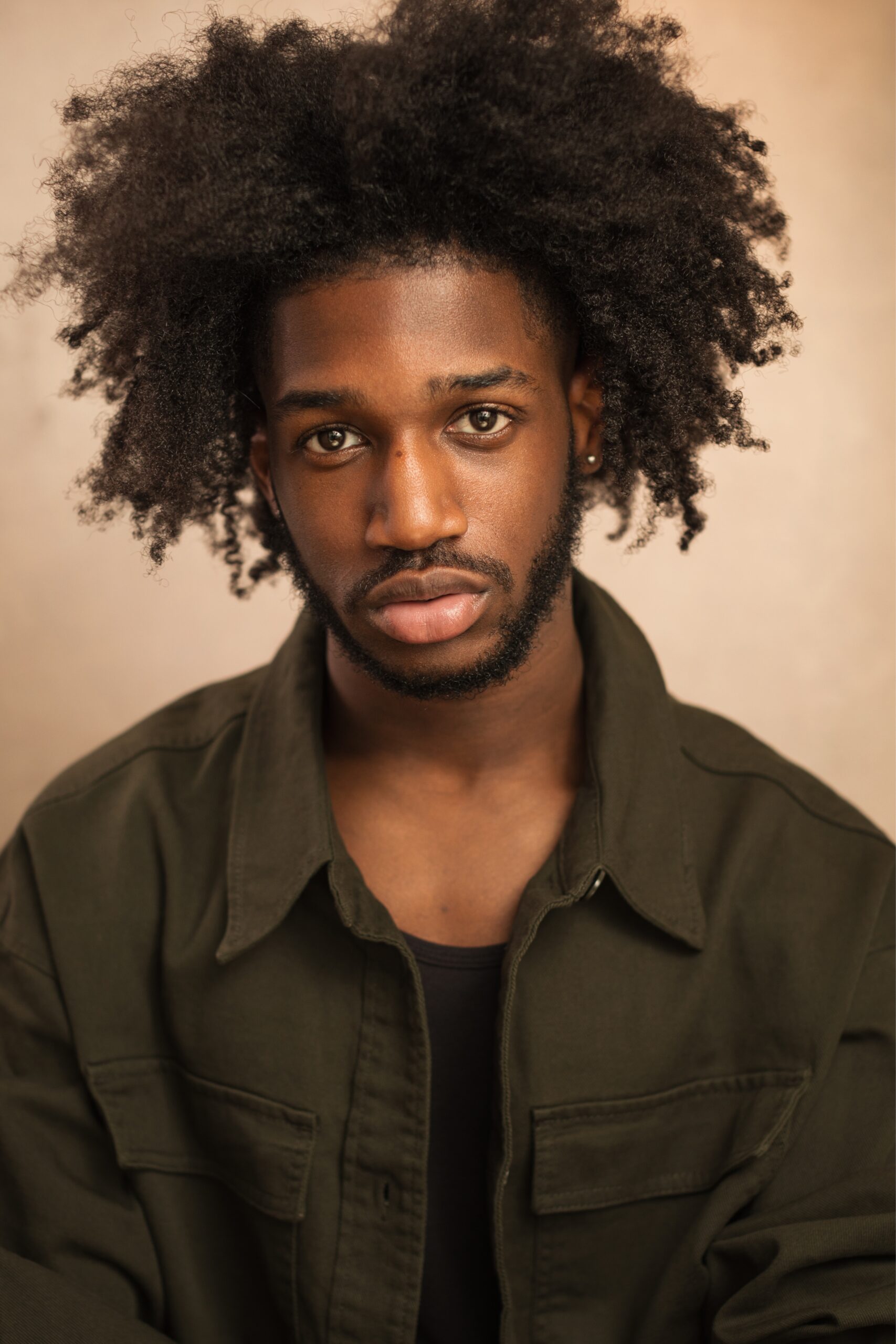
Image credit: Samuel Black
Can you tell us what you’re currently working on?
I had a scene in a film with Jodie Comer, which was a nice experience to be on a set that vast. That should be coming out soon. Currently, I’m filming a regular role in a BBC series, which is shooting in Bristol right now. I’m just thankful to be working.
What’s next? More creation, more performance, more love for the craft. My first few jobs have been on screen and I love the screen, but the stage is waiting for me. Keep your eyes peeled – maybe you’ll see me on the stage soon!
Finally, what would be your dream role?
I get asked this question a lot and the reality is I don’t know. It hasn’t been made yet.
My dream role would definitely be one that heals, one that affects change and one with a strong message – something that needs to be said. I feel like that has to be something new, something relevant, something direct, something targeted. Whether that’s a one-man play or a two-man play or a huge play, I don’t know. I can’t see it yet, but it definitely hasn’t been created.
For it to be my dream role, it has to be made for me, in a non-egotistical way. Something with a message that’s referencing my experience and something that can heal a large body of people that can relate to me, look like me, come from where I come from and have experienced the things that I’ve experienced. Who knows – maybe I’ll write it myself.
Thank you, Senam, for sharing your Spotlight Prize experience and advice!
The finalists for the Spotlight Prize 2025 have now been announced. You can find more information on the Spotlight Prize page.
Take a look at our website for more tips and advice for drama school graduates.
